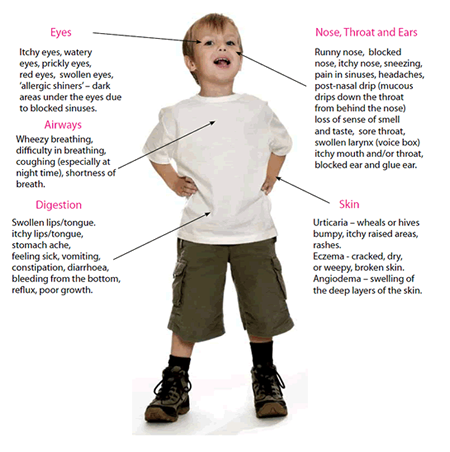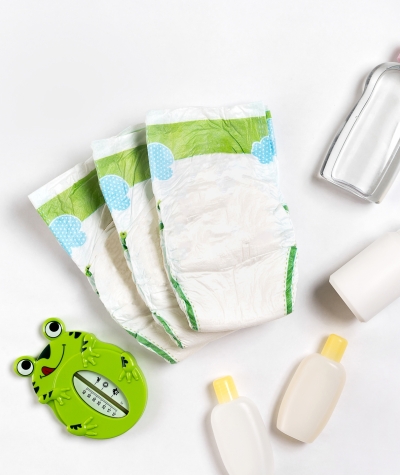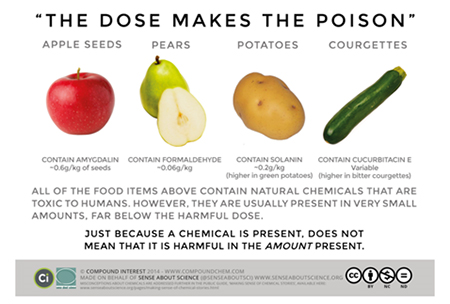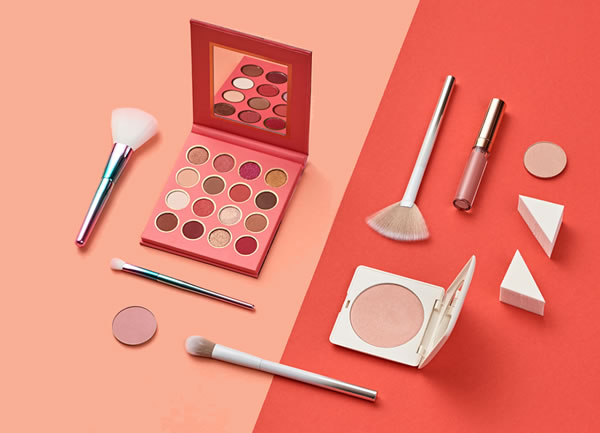in this page:
- Baby products are safe!
- Should I only use products specifically for babies?
- Should I only use natural and organic products on my baby's skin?
- Should I be worried about chemicals?
- What should I do if my child has a reaction?
Baby products are safe!
While it's true that children's skin can be more sensitive in its early years, it is safe to use products specially designed for babies and infants such as baby wipes, baby shampoo, talcum powder and nappy cream. That's because these products are specifically formulated for babies.
Also you can use products intended for babies on infants and toddlers. Such products will be clearly described as being for babies. However, we would not advise using adult products on children under three, as such products may not have been checked to be suitable for this age group.
Safety is the number one priority of the cosmetics and personal care industry. Whilst it is the case that unfortunately someone, somewhere could react to an ingredient used in cosmetic products, ALL cosmetic products must pass a rigorous and legally-required safety assessment before they can be sold in the UK.
Products intended for children under three years old must undergo a specific assessment of their suitability for this age group in addition to the normal safety assessment. That's why parents can feel confident that products they use on their children's skin and hair are safe.
Should I only use products specifically for babies on my baby?
We would advise that you only use products specifically created for babies and children under three on your young child. Such products are specially formulated for babies and toddlers under three. For example, they use milder cleansers, low levels of fragrance and the pH is carefully controlled to ensure compatibility with babies' skin.
There is also an enhanced safety assessment legally required for all cosmetic products intended for use on children under three years of age, so you can feel confident that these products are safe to use.
Should I only use natural and organic products on my baby's skin?
No, that is not necessary. It is a common misconception that 'natural' and 'organic' products are safer or less irritating than other products, but this is not the case. All ingredients, whether 'natural', 'organic' or 'man-made', must be safe as they are used in cosmetic products. Often it's just a case of finding products that suit each individual and there are lots of ranges designed for all types of skin, including sensitive skin.
Sense About Science has further information on chemicals that you may find useful.
Should I be worried about chemicals?
All ingredients, whether 'natural', 'organic' or 'man-made', are made up of chemicals. In fact, everything is made up of chemicals; from cosmetics to water and from fruit and vegetables to the human body.
For cosmetic products, the safety assessment takes into account all of the ingredients used in the product, irrespective of their source. In fact, whether ingredients are 'natural' or' man-made' has no bearing on how safe they are at all. What's more important is how much of the ingredient is used and in what way.
The below Sense About Science image gives us some perspective on ingredients - while they may sound scary many actually occur naturally in everyday foods like pears and apples.
Source: Sense About Science - Making Sense of Chemical Stories
What should I do if my child has a reaction?
The majority of people use cosmetic products without any problems. However a small number of people may have a reaction to certain ingredients. Not every reaction is an allergic reaction but all are upsetting to the person concerned.

Source - Allergy UK
If your child has had a reaction:
-
See your GP for further information. They may refer him/her to an an allergy specialist such as a dermatologist to determine the cause.
-
Contact the manufacturer to let them know your child has had a problem with their product. They will be able to advise you further.
-
Once the ingredient causing the reaction has been identified, you will be able to avoid using it by checking the ingredient list on product packaging. Ingredients are listed with the same names across the UK, Europe and most of the world, so you should be able to identify your allergen even when travelling.
Read more in our factsheet.



